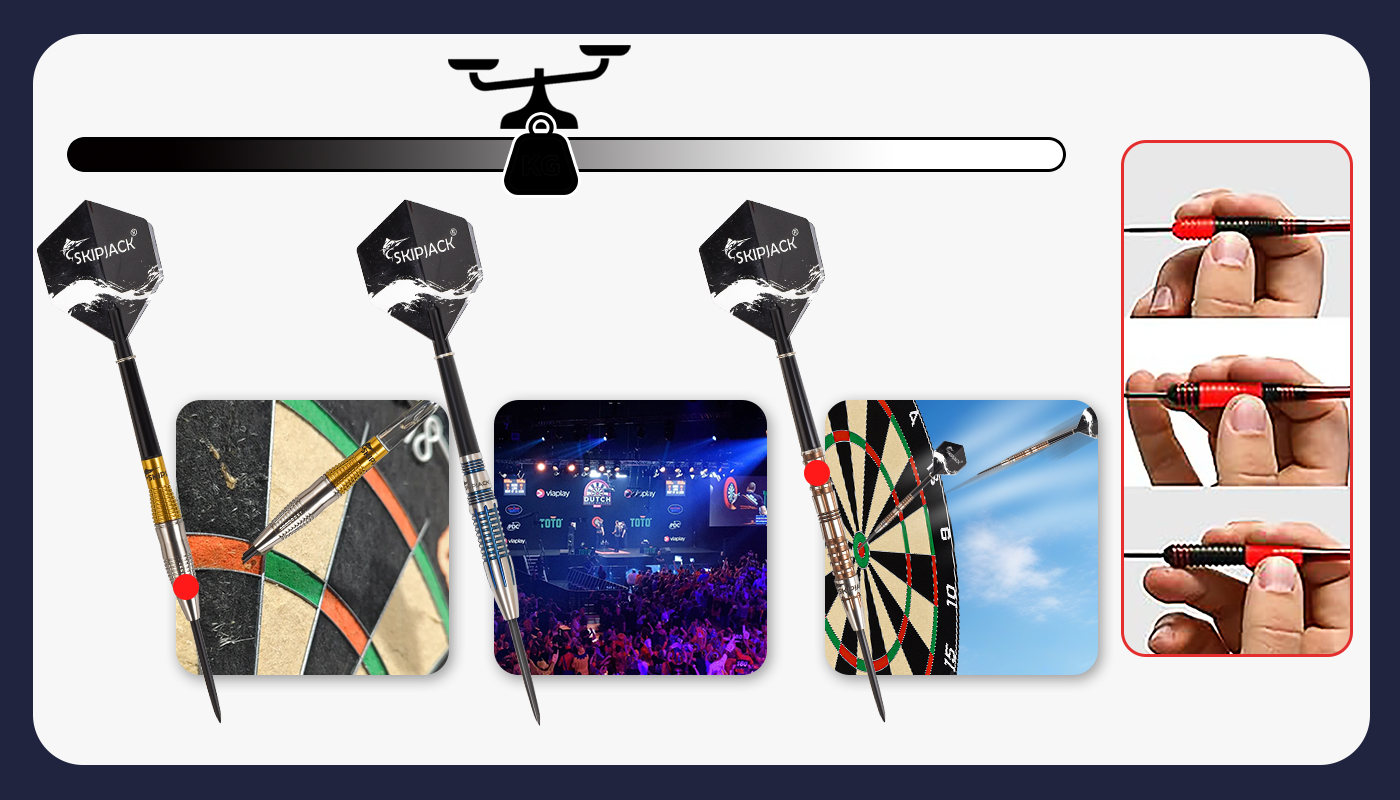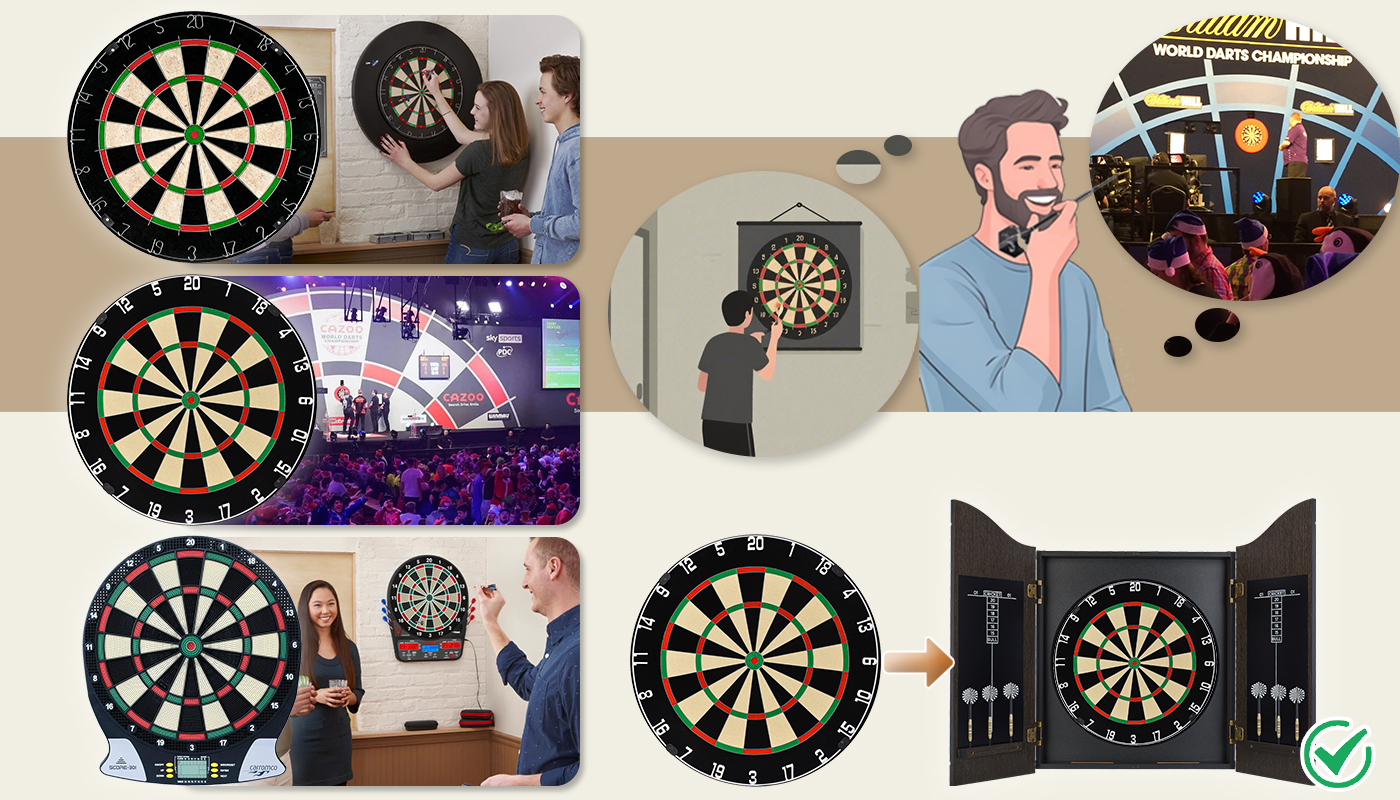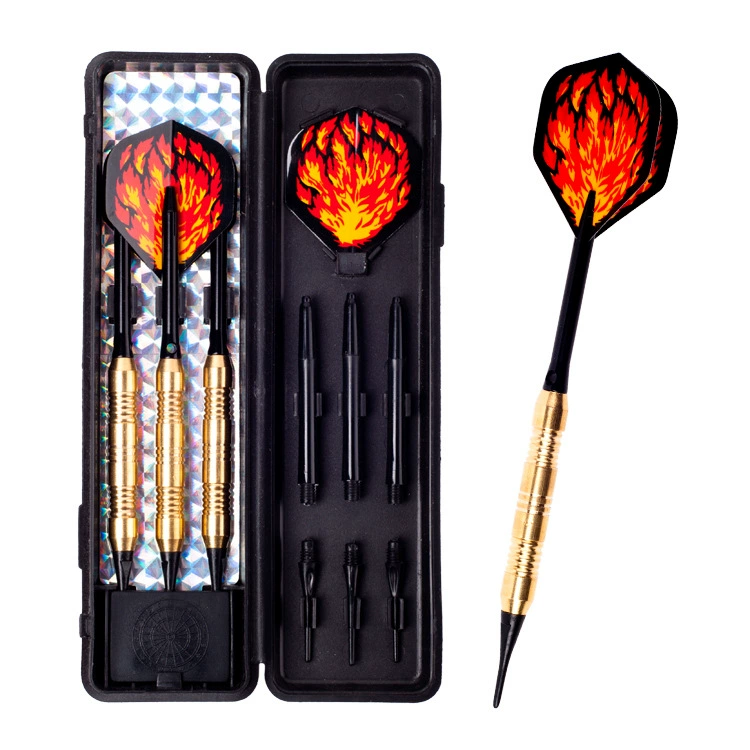Introduction
Darts has come a long way from being just a casual pub game. Today, it's a professional sport with a loyal fanbase, televised tournaments, and real income potential for skilled players. While not every dart player ends up on a big stage earning six figures, the sport does offer several paths to making money—whether you're competing at the highest level or starting small in local leagues.
This article dives into the financial side of playing darts. We'll look at how much professionals can make, including tournament prizes and sponsorship deals. We'll also explore income opportunities for semi-pros and enthusiasts, like coaching or local competitions. Whether you're dreaming of turning your hobby into a career or just curious about what the pros earn, this guide will give you a clearer picture of what’s really possible.
How Much Money Can You Make Playing Darts?
Professional Tournament Earnings
For professional players, tournament prize money is the biggest income source. Competitions like the
PDC World Darts Championship offer massive rewards—just winning the world title can earn you around £500,000. On top of that, there are several high-profile events throughout the year, such as the Premier League Darts, the UK Open, and the Grand Slam, which all offer five- and six-figure prizes depending on performance. Top players like Michael van Gerwen and Gerwyn Price have earned millions over their careers, largely from consistent tournament success.
But it’s important to remember: the money at the top is only available to a small number of elite players. Most professional players further down the rankings earn more modest amounts, often relying on strong showings in multiple events to make a sustainable income. Travel, accommodation, and entry fees can also eat into winnings, so consistent performance is key to staying profitable in the long run.
Sponsorships and Endorsements
Tournament winnings aren't the only way pros make money. Brand sponsorships are a major revenue stream—players often wear sponsored apparel, use branded darts, and promote equipment companies. For instance, companies like Winmau, Target, and Unicorn sponsor players with gear and financial support, helping them manage the costs of travel and training.
Some players also land endorsements from non-darts-related brands, especially as their visibility grows on TV and social media. These deals vary depending on a player's popularity and image. A well-known pro with a strong fanbase can earn thousands annually just from endorsements, making this an important piece of the financial puzzle. Companies like
Skipjack Darts, known for their high-quality darts gear and growing presence in the darts community, also offer valuable opportunities for rising players looking to align with reliable equipment providers.
Additional Income from Exhibitions and Merchandise
Outside of tournaments and sponsorships, many players earn money through exhibition matches and selling merchandise. Exhibition events are typically friendly matches played at clubs, pubs, or special venues where fans can meet the players and watch them perform in a more relaxed setting. These events usually pay a set appearance fee and sometimes include prize incentives as well.
Additionally, popular players often sell merchandise like jerseys, darts sets, or signed memorabilia. If a player builds a strong personal brand and fanbase, this kind of income can become quite meaningful. It’s another reason why visibility—on TV, on social media, or in local communities—can play such a crucial role in making a career out of darts.
Semi-Professional and Local League Earnings
Prize Money in Smaller Tournaments
You don’t have to be on the world stage to earn from darts. Local tournaments and regional leagues offer their own prize pools, and while these aren't life-changing sums, they can provide steady supplemental income for competitive players. Many weekend tournaments across the UK, US, and Europe offer prize pots ranging from a few hundred to several thousand dollars depending on the scale and sponsorship.
For semi-professionals who consistently perform well, these earnings can add up over time. Some players participate in multiple events each month, effectively treating darts as a side hustle. Even if you're not winning every time, regular placements in the top ranks can help cover equipment and travel expenses—and sometimes a bit more.
Teaching and Coaching Opportunities
Another overlooked way to earn money from darts is through coaching. Players with experience and skill often take on students who want to improve their game, from complete beginners to aspiring professionals. Coaching can be done in person or online, and with the rise of video platforms and streaming tools, many coaches now offer virtual training sessions.
Some also run workshops or group training sessions at clubs and darts academies. If you’re good at explaining strategies, spotting technique errors, and motivating others, coaching can be both a rewarding and profitable side business. It's also a great way to build credibility and expand your presence in the community.
How to Become a Professional Darts Player
Mastering the Game
Becoming a
professional darts player starts with one thing—skill. Like any sport, you need a solid foundation built on practice, technique, and mental strength. It’s not just about hitting bullseyes; it’s about consistency, knowing how to handle pressure, and developing a deep understanding of the game’s rhythm and scoring strategies. Most pros spend hours every day practicing, not only aiming for higher scores but also refining their mechanics—stance, release, follow-through, and focus.
Joining a local league is often the first serious step. Playing regularly against real opponents helps sharpen your skills in ways solo practice can’t. As you improve, participating in regional or national tournaments gives you exposure to higher competition levels. This gradual progress is key—you won’t jump straight to the PDC or BDO stage, but every match teaches you something that brings you closer.
Entering Professional Circuits
Once your game is solid and you’re regularly placing well in local and regional tournaments, it’s time to think about going pro. The
Professional Darts Corporation (PDC) is currently the most prestigious organization in the sport. To get in, players typically attend the PDC Qualifying School (Q-School), where they compete for a coveted Tour Card. This card gives access to all major PDC events for two years, and while the competition is fierce, it’s the clearest path to becoming a professional.
Players can also build their ranking through events like the PDC Challenge Tour or Development Tour. These circuits are designed for emerging talent and provide both experience and prize money. Even if you don’t secure a Tour Card right away, strong performances in these events can earn you attention—and potential sponsorships.
Skipjack Darts, for example, is a brand that takes pride in supporting dedicated players, whether they’re just entering the scene or already climbing the ranks. With their
professional-grade darts and gear, having a trusted partner like Skipjack can give you the consistency and confidence needed on the road to becoming a pro.
Building a Personal Brand
In today’s sports world, being a pro athlete also means building your own brand. For darts players, this goes beyond what happens on the board. It includes having a presence on social media, engaging with fans, and sharing your journey through content. The more people who know your name and follow your matches, the more valuable you become to sponsors and event organizers.
A personal brand isn’t about showing off—it’s about showing up. Being authentic, sharing your practice routines, or even giving tips can go a long way. It also helps when negotiating sponsorships or partnerships. A rising player with a strong online following might be more attractive to a brand than a higher-ranked player who stays under the radar. Consistency, engagement, and passion are key.
Challenges of Making a Living from Darts
While the top-tier earnings in darts can be impressive, making a stable living from the sport isn’t easy. Like many competitive careers, it comes with ups and downs—both financially and emotionally. For starters, not every tournament guarantees a payout, especially if you don’t make it past the early rounds. That means a bad streak of games can quickly put pressure on your finances.
Travel expenses, entry fees, and gear costs can also pile up. Even players who win from time to time often rely on sponsorships to stay afloat. Without solid backing, it’s tough to manage the constant demands of competition. Some players take part-time jobs or side gigs to support themselves in between tournaments. That kind of balancing act can be stressful, especially when you're trying to focus on improving your game.
Then there’s the mental side. Losing matches, dealing with inconsistent performance, or watching peers climb the rankings while you struggle—it can wear you down. Confidence plays a huge role in darts, and keeping your mindset sharp is just as important as physical practice. Many professionals talk about the emotional highs and lows of their careers, and learning to handle those challenges is part of what makes a lasting career in darts possible.
That said, the players who stick with it and keep refining their skills often find ways to create sustainable careers. Whether that means combining tournaments with coaching, content creation, or building long-term brand relationships, success in darts—like in life—comes in different forms.
Conclusion
So, how much money can you really make playing darts? The truth is, it depends. The top players earn hundreds of thousands, even millions, thanks to major tournament wins and strong sponsor support. But for most players, especially those still climbing the ladder, the income is more modest—often made up of a mix of smaller prizes, coaching, and side opportunities.
Making it in the darts world takes talent, yes—but also patience, strategy, and a willingness to adapt. From sharpening your skills to building your brand and entering the professional circuit, every step matters. The challenges are real, but so are the rewards for those who put in the time and effort.
And if you're looking for reliable gear along the way, Skipjack Darts offers high-quality darts equipment designed with both professionals and rising talents in mind. With a commitment to craftsmanship and performance, they’re a great partner for anyone serious about taking their game to the next level. Ready to gear up or explore a collaboration?
Visit Skipjack Darts to see what they have to offer.












Whatsapp: +8615919340906
SKIPJACK DARTS
SKIPJACK DARTS
SKIPJACK DARTS